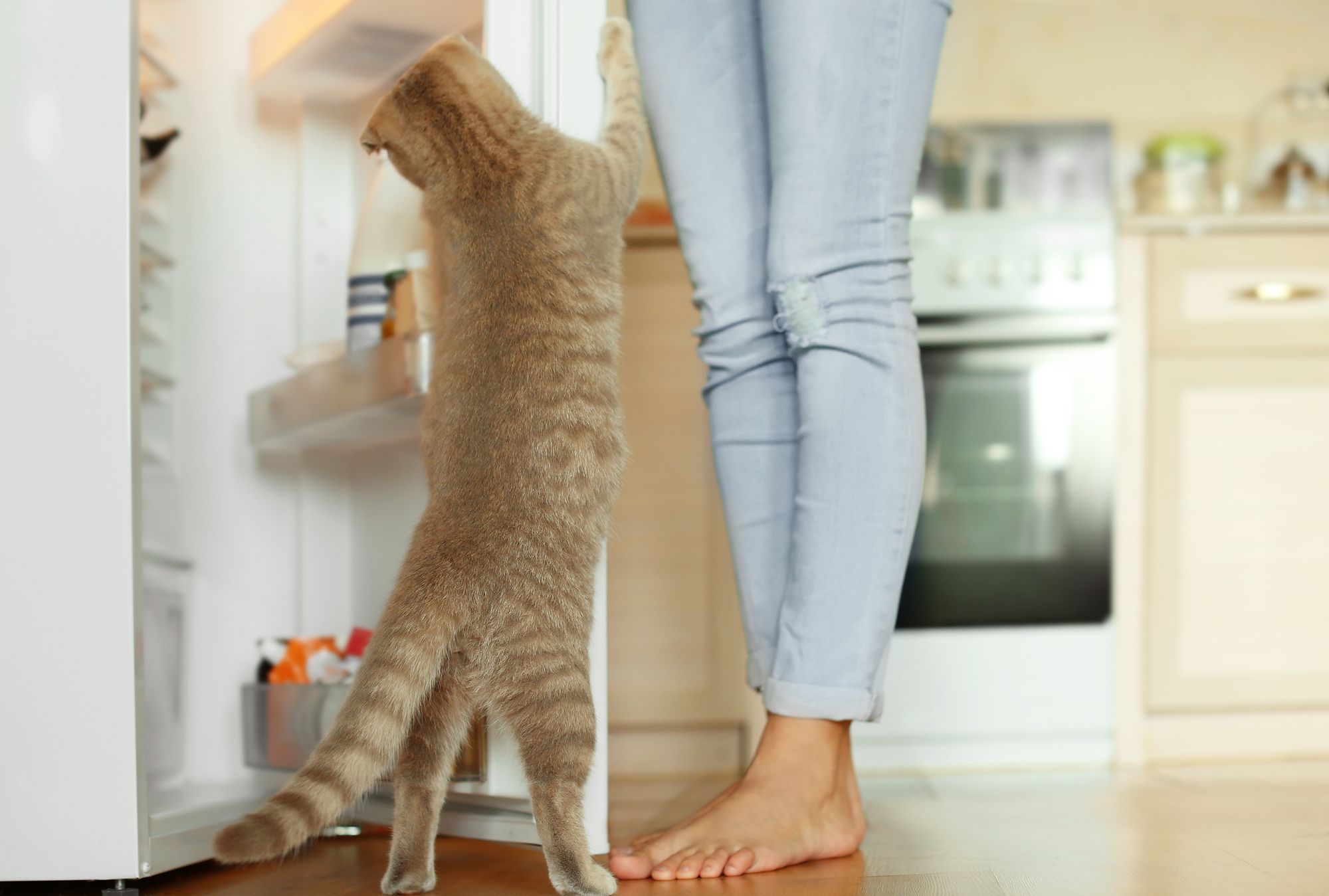
Although the holiday festivities might be smaller this year, they’ll likely still include many of your favorite seasonal foods. With all of the good smells emanating from the kitchen, your pets will likely beg for treats. To make sure they don’t eat anything that could result in a trip to the veterinarian, tell your guests to avoid feeding them any of these harmful foods.
Some Foods You Should Keep Away From Your Pets Over the Holidays?
1. Chocolate
Chocolate contains theobromine—a plant alkaloid that acts as a diuretic, heart stimulant, blood vessel dilator, and muscle relaxant.
Unlike humans, cats and dogs cannot metabolize this chemical very well, so its effects are magnified. Therefore, pets may experience vomiting, diarrhea, nausea, increased thirst and urination, elevated heart rate, rapid breathing, muscle tremors, or seizures. If you notice any of the above symptoms, take them to a veterinarian for emergency care.
2. Onions, Garlic, Leeks, & Chives
The allium plant family is used in many popular Thanksgiving and Christmas dishes. While some onions and garlic might give your turkey dressing or casseroles a nice flavor, they also make the food toxic to your pets.

Allium plants contain N-propyl disulfide. When ingested, this compound attaches to the oxygen molecules in your cat or dog’s red blood cells, where it reduces the cells' ability to carry oxygen. This causes their body to interpret the cells as invaders and seek to destroy them in a process known as hemolysis.
If your animal has ingested onion, chives, leeks, or garlic contact your veterinarian immediately as they might have developed hemolytic anemia.
3. Nutmeg & Cinnamon
From sweet potato casserole to eggnog, nutmeg and cinnamon probably get used more during the holidays than any other time of the year.
Nutmeg typically has to be consumed in larger quantities before it causes serious issues, such as hallucinations, disorientation, high blood pressure, dry mouth, and seizures. However, a small amount can cause an upset stomach.
If your pets manage to lick up some cinnamon, it will cause skin sensitivity that can lead to redness, irritation, and blisters around and inside their mouth. Inhalation can lead to lung irritation, coughing, choking, difficulty breathing, and bronchospasm. Overdose—usually caused by more than one teaspoon of dried seasoning—can cause low blood sugar, liver disease, vomiting, diarrhea, and heart rate changes.
If you are unsure which foods could be dangerous to your pets, talk to the veterinarians at A-4 Animal Hospital in Lincoln, NE. This full-service veterinary clinic specializes in small and exotic animal care. For 35 years, they have provided preventative care to cats, dogs, birds, and reptiles. Call them at (402) 475-2282 to schedule an appointment. Visit their website to learn more about their services.
About the Business
Have a question? Ask the experts!
Send your question

